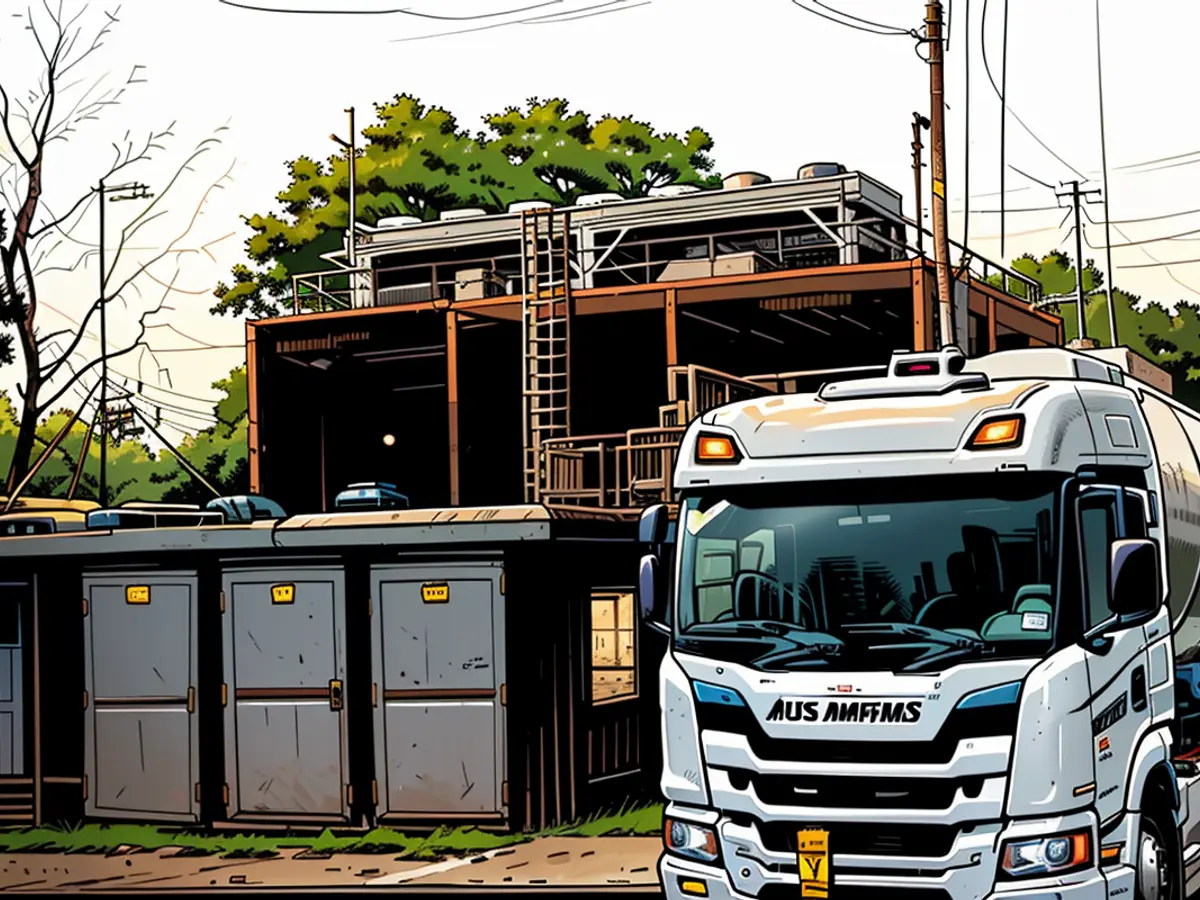Nature conservation - Plant in Emsland supplies climate-neutral kerosene
A new installation for the production of climate-neutral aviation fuel in Emsland is ready for regular operation. Five tons of kerosene have been produced, said Dietrich Brockhagen, managing director of Atmosfair gGmbH, on Friday. The plant was commissioned in the fall of 2021 in Werlte. It took around two and a half years of development time before it was able to produce kerosene in significant quantities, Brockhagen added.
According to Atmosfair and the operating company Solarbelt, this is the first industrial-scale plant specifically designed for aviation kerosene production that has been successful. It should demonstrate that the production of synthetic kerosene with the use of renewable energies and resources is possible, it was stated. This would enable a significant portion of aviation traffic to be made climate-friendly.
The production plant uses electricity from renewable sources. The crude oil from the plant achieves a CO2 savings of 96 percent compared to fossil crude oil, it was stated. However, it is not yet 100 percent climate-neutral due to the transport and further processing required at the refinery.
Airline companies are currently using alternative kerosene produced from plant-based fats and food waste. However, this is not sufficient and not widely available in large quantities to replace a significant amount of fossil fuel, Brockhagen said.
For the production of large quantities of jet fuel based on renewable electricity, the demand from airlines is necessary, Brockhagen said. Starting in the fall, two travel organizers plan to offer excursions and trips with a blend of the kerosene produced in Werlte.
Even with the use of renewable electricity-based jet fuel, modern aviation traffic is not climate-friendly in its current size, Brockhagen said. The jet fuel produced in this way is very energy-intensive. Five times as much energy from wind and solar power must be applied to produce the amount of energy contained in the kerosene. For the next decades, only a small fraction of current aviation traffic can be covered. Therefore, flying less remains the most important climate protection measure.
This new climate-neutral aviation fuel production facility, located in Emsland, Lower Saxony, has commenced its regular operation. Dietrich Brockhagen, managing director of Atmosfair gGmbH, announced the production of five tons of kerosene from the plant, which started operations in Werlte last fall. Despite using electricity from renewable sources, the plant's crude oil still has a CO2 savings of 96% compared to fossil crude oil. Brockhagen, emphasizing the need for airline demand, mentioned that two travel organizers will offer trips using a blend of the produced kerosene, starting in the fall.








